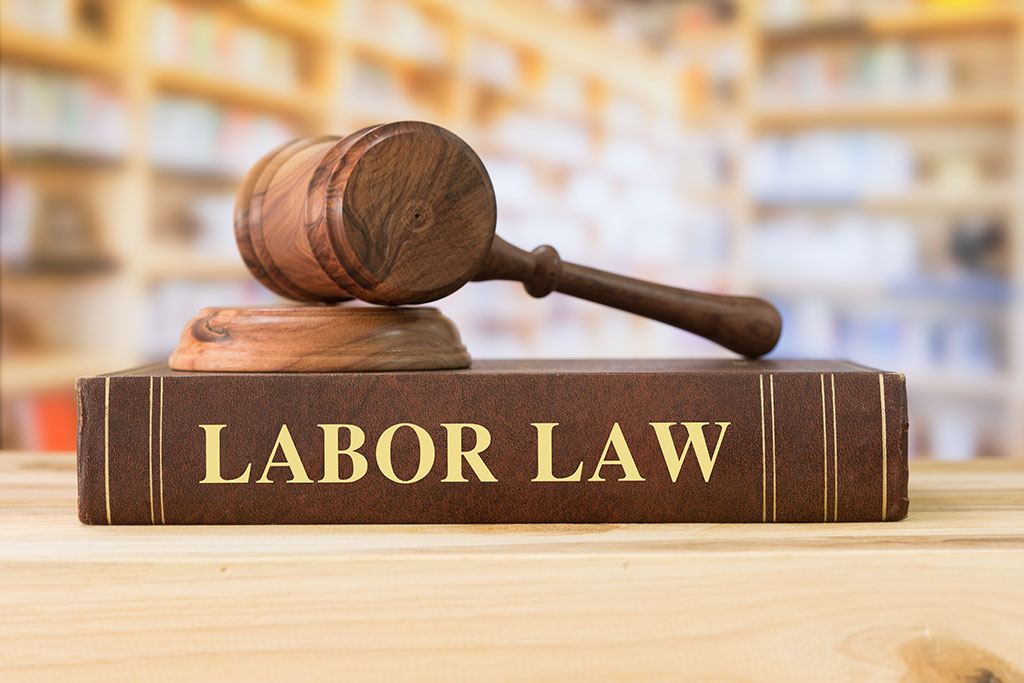
-
Posted By Sirmabekian
-
2022
-
0 Comments
The federal government through the NLRA (National Labor Relations Act) wants to maintain a balance between employer and employee rights. To that end, workers are allowed to involve themselves in activities that are designed to enhance their conditions while combating unfair labor practices, but how are such practices defined?
The Following Should Be Considered Unfair Labor Practices
In the past, employers have attempted to stop employees from collaborating with regard to better pay, working conditions, or benefits. Specific actions which are considered illegal include:
- The management creating its own individual union or asserting dominion over an existing one
- Interfering with employee attempts to create a union
- Discriminating against or threatening workers who attempt to unionize. Examples could include laying off, reassigning, or transferring workers because they’ve engaged in such activities
- Retaliating against workers who give testimony before the National Labor Relations Board
Collective bargaining must also be taken into consideration. When employees successfully establish a union, federal law mandates that their employers must bargain with good faith. Unfortunately, some employers will refuse to do so, and will instead use tactics such as scheduling the bargaining at unreasonable times and they might even reject the demands of the union outright. While it isn’t mandatory for both sides to come to an agreement and provide concessions, the law requires both parties to make a reasonable and honest attempt at bargaining.
Unfair Union Labor Practices
Aside from employers, there are also unions that engage in labor practices that are unfair. Examples of such practices which are prohibited by the NLRA include:
- Coercing employees to join their union and remain within it
- Launching strikes for things unrelated to working conditions or terms
- Levying excessive fees
- Encouraging employers to punish employees that don’t join the union or support it
- Performing or encouraging misconduct during demonstrations such as threatening or assaulting workers.
- Dictating to employers who must be part of their bargaining representation
As with employers, unions must also provide bargaining in good faith, and cannot issue a refusal to bargain or not hear the proposals of management.
When to Seek Legal Advice
If you feel that company management or unions have engaged in labor practices that are unfair or illegal, then you should file an NLRA complaint. However, be advised that there is a deadline of 6 months starting on the date the incident occurred to file it.
Though the NLRA doesn’t require employees to have unions, they can certainly form or join one and perform other types of collective activity. The NLRA does place limitations on unions which are designed to prevent them from completely dominating the memberships. Employees that no longer desire a union may opt-out or decertify it.
Labor disputes have a tendency to become highly contentious and it isn’t unusual for individual employees to feel trapped between a union and employer, neither of which is interested in helping them. This is why you should consider speaking with an attorney who specializes in such employment disputes, as they can help you get the justice you deserve.
 English
English Spanish
Spanish